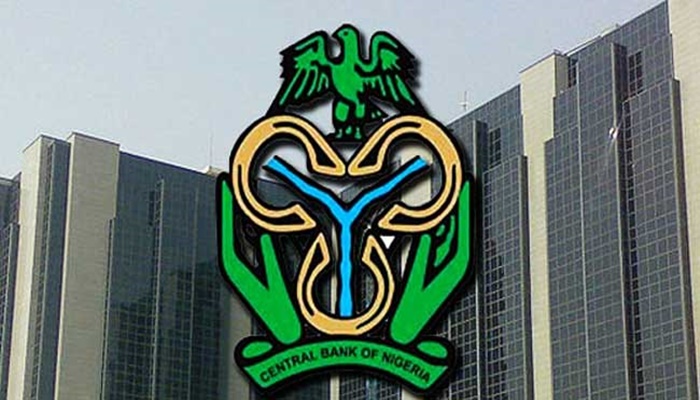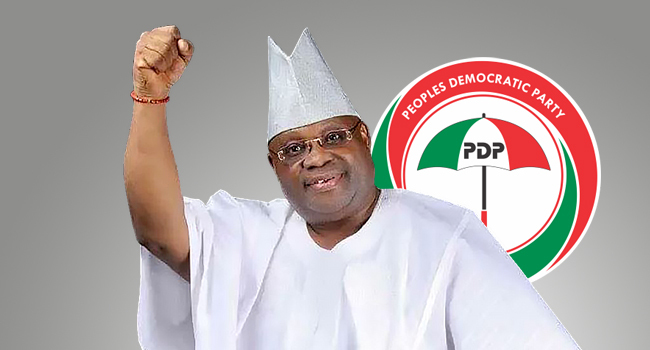
The Monetary Policy Committee (MPC) of the Central Bank of Nigeria (CBN) on Thursday explained why it resolved to retain, for the 14th consecutive time, the monetary policy rates.
At the end of the 264th meeting of the committee in Abuja, CBN governor, Mr. Godwin Emefiele, said all 11 members in attendance voted to leave the monetary policy rate (MPR) unchanged at 14 per cent, just as cash reserve ratio (CRR) was retained at 22.5 per cent and Liquidity Ratio at 30 per cent.
The asymmetric corridor was also left unchanged at +200 and -500 basis points around the MPR.
In his post-meeting media briefing, Emefiele said the committee resolved to leave the economic parameters unchanged despite other options to either loosen or tighten, due to continued confidence in them to moderate domestic prices and stabilize the foreign exchange market.
According to the CBN governor, the committee believed relaxing the policy rates would encourage the flow of credits to the real sector, help reduce aggregate cost of credit and stop business spending and investment.
This, he pointed out, would reinforce CBN’s support for output growth and economic recovery and align with its primary mandate of monetary policy and price stability.
However, Emefiele said the MPC noted that relaxing the rates would rapidly reverse all the gains of price and exchange rate stability achieved so far, given the liquidity impact that would ensue.
Consequently, he said the committee believed the ensuing liquidity would exert pressures on the exchange rate and further depress the capital market, in the light of increased capital flow from monetary policy normalization by the US federal department.
Similarly, the CBN governor said the committee decided against tightening the existing policy rates, considering that doing otherwise would strengthen the stability of the foreign exchange market.
“Because of the dampening effect on the demand for foreign exchange, the committee was convinced tightening will simultaneously dampen investment growth, widen the output gap, depress aggregate demand and weaken output growth,” he stated.
Noting the relative stability in the foreign exchange market, the CBN governor attributed this to the sustained policies of the banks to increase the supply of foreign exchange from autonomous sources.
Although foreign reserves decreased from $42.6 bn at the end of September 2018 to $41.53 bn on November 16, 2018, he said this reflected the sustained profit-taking activities by portfolio investors, as foreign yields become increasingly more attractive abroad.
Also, he said the equities segment of the capital market has remained bearish, with all share index decreasing by 8.7 per cent, from 34,848.45 on August 31 to 32,058.28 on November 16.
Market capitalisation equally decreased by 8.7 per cent, from 12.72 trillion to N11.73 trillion during the same period.
However, the MPC expressed optimism the economy would experience the reversal of the declining trend in the medium term given the current efforts by government to further improve investor confidence and the relative stability in the investors and exporters window of the Nigerian foreign exchange market.
The overall macro-economic indices for the economy, the committee projected, remained positive for the fourth quarter of 2018.
Members hinged the turnaround on the expectation of the effective implementation of the economic recovery and growth plan and the 2018 budget; improvement in the security challenge; enhanced flow of credits to real sector and stability in the foreign exchange market, to redirect the economy on the path of inclusive and sustainable growth.
“Improvement in productivity in the oil and non-oil sectors are also expected drive output growth in the medium term, with the downside risks to include reduced portfolio flows and inflows, absence of fiscal buffers, low domestic credits and we aggregate demand,” he said.






